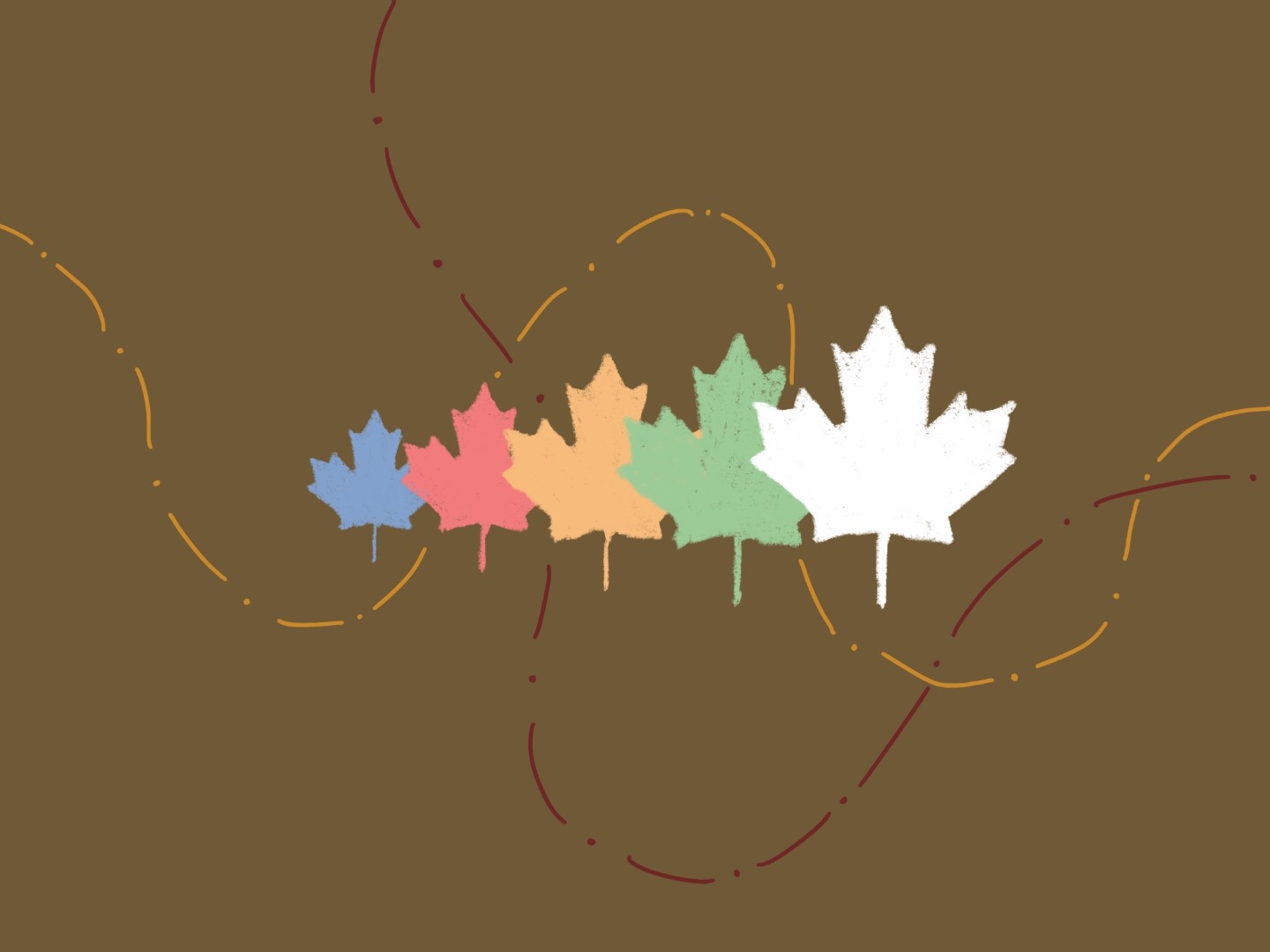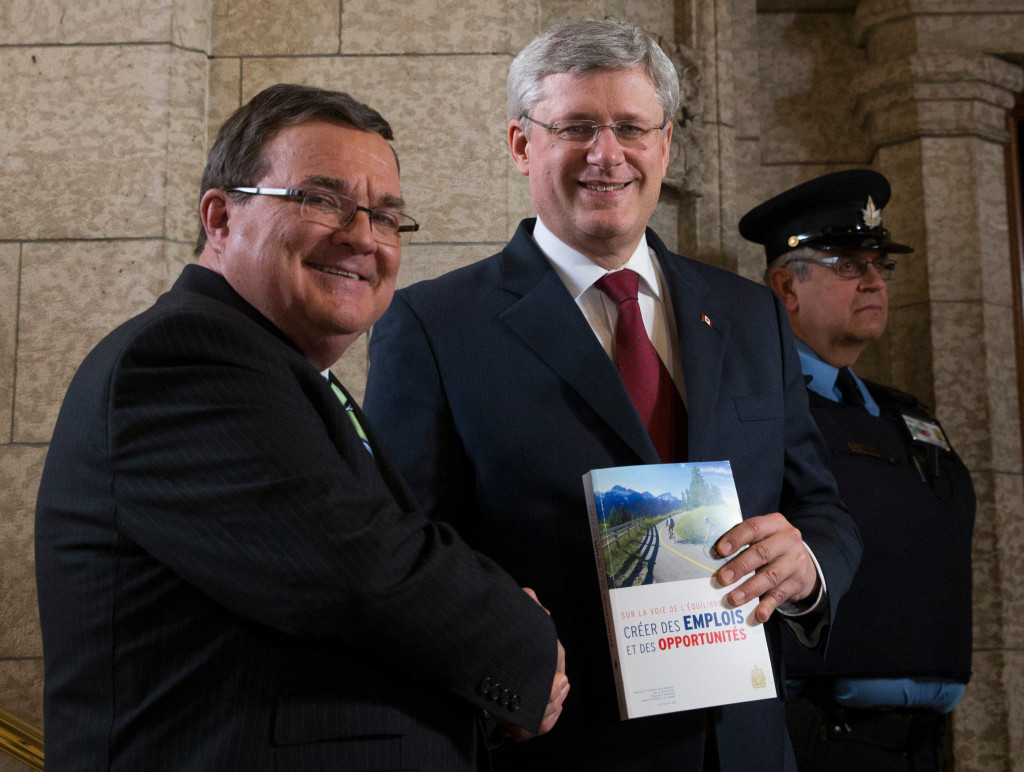
Province holds sway in federal election results
By Jessica Berget, Assistant Editor
In case Canadians weren’t already sick of surprise elections, we may find out if there is to be a surprise federal election sometime this month.
In September 2020, Premier of BC John Horgan called for a snap election during a pandemic and in October was able to secure a majority government for the NDP party. Ten months later, it seems Prime Minister Justin Trudeau has his eyes on the same prize.
For federal elections, BC has held some serious sway. In the 2015 election, BC gave the Liberal party a majority. Then, in 2019, the province gave the party a minority government. Canadian party leaders such as NDP’s Jagmeet Singh and Conservative’s Erin O’Toole know how important the province is in deciding federal election results and have already made trips to BC this summer to gear up for a possible snap election. Trudeau has repeatedly insisted that there won’t be an election this year and the next one is already scheduled for 2023.
Trudeau has also made some decisions to get on BC’s good side by approving a SkyTrain expansion through the Langley and Surrey area as well as a $10 a day child-care plan. He has also shaved his beard and cut his hair which many theorize is in preparation for an election. Many also theorize that the hiring of Indigenous Governor General Mary Simon may also hold some sway in the possible upcoming election, but so far this is all just speculation. In order to call for a snap election, the Prime Minister must ask the Governor General to dissolve parliament and based on the answer, an election will go forward. If the Liberal party thinks they can win about a dozen seats in the House of Commons, a snap election will likely go forward. However, if the win a minority again, the Liberal’s may need a fresh new face for their party.
If an election is called in August, Canadians should be ready to hit the polls come September. Analysts theorize the possibility of winning a majority is high given the Liberal governments handling of the pandemic. If patterns can also predict the outcome, four out of ten Canadian provinces held an election during the pandemic with the sitting government winning each time. With a majority, Trudeau would have more power to implement policies on climate change and COVID-19 relief.
Elections Canada is prepping for a federal election in the fall and anticipates about four to five million mail-in ballots because of the continuing pandemic and Delta COVID-19 variant.

